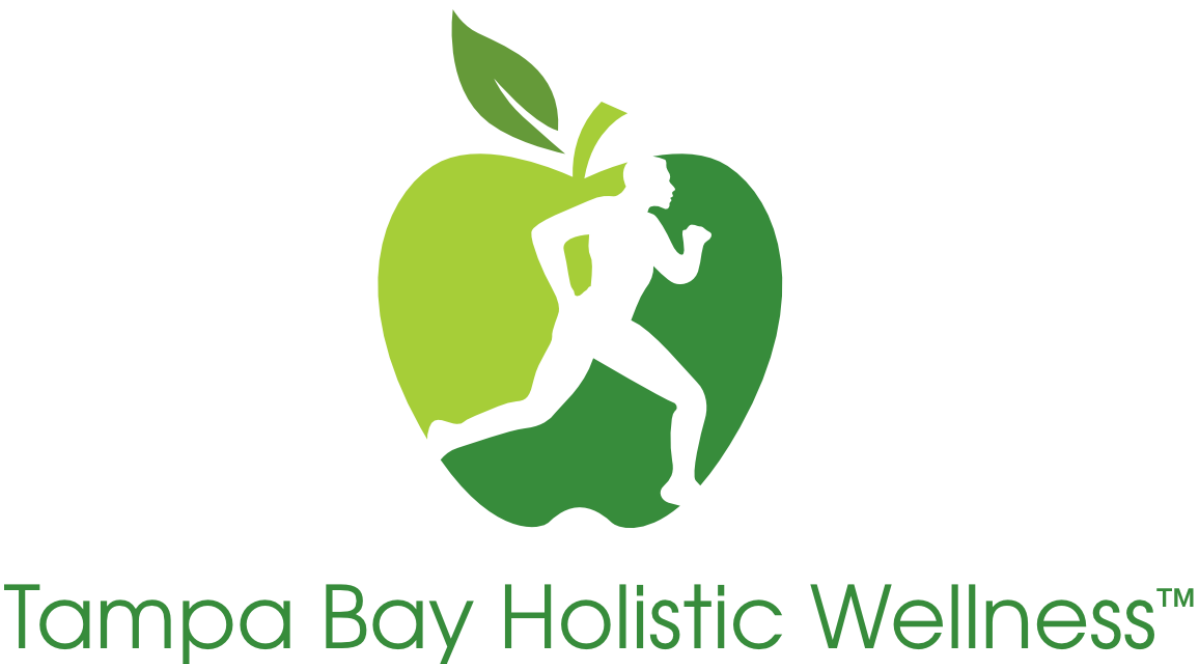Position Over Submission
For my entire adult life, I have valued the Jiu-Jitsu philosophy: position over submission. It makes total sense right; why would anyone choose to faultily jump the gun and do something prematurely? Knowing our position during every step of the process helps to lessen probability of disaster, right? It seems like a no brainer. I believed in this philosophy for many years with unwavering rigidity.
However, as I get older I realize that this philosophy applies less and less. Although this philosophy may be important when dealing with spatial awareness, I find it less important when dealing with everyday life. Is painstakingly planning every move a quality endeavor? Is knowing where we stand every step of the way as critical as those of us with obsessive compulsive disorder would like to believe? At this point of my life I have determined for myself personally this causes more stress than I care to live with. By no means am I asserting that there is a lack of importance in assessing and planning “life” things. It’s simply become my experience that life is more unpredictable than this philosophy can encircle. Flexibility over constant positioning has come to serve me in better ways.
Flexibility tends to alleviate stress both physical and mental. It can provide stability even if we don’t know where we are in the moment. Flexibility influences the ability to ebb & flow depending on topical presenting factors. Incessantly positioning ourselves for better outcomes can impose impractical measures of outcome that can leave us feeling unaccomplished, angry and sad when things don’t go as we’ve planned. Positioning, simply put, can be downright stressful.
"Stress is not a state of mind. It’s measurable, dangerous and humans can't seem to find their off-switch." These words of warning come from renowned author and award-winning neurobiologist Robert Sapolsky in the documentary Stress: Portrait of a Killer. Sapolsky explains how we are more vulnerable to stress if the following factors are true:
§ If we feel like we have no control
§ If we are not getting any predictive information
§ If we feel we have no way out
§ If we interpret things as getting worse
§ If we have no "shoulder to cry on" (e.g., lack of social affiliation or support)
The first four bullets outlined above can be tightly linked to poor positioning and lack of flexibility. Flexibility impacts adaptation; adaptation reduces stress. So why is flexibility so hard for humans to achieve: both physically and mentally? The answer is easy; no one wants to be submitted. Hasn’t this come full circle? We tend to over position to avoid submission. We over think in an attempt to control outcomes. Being prepared and disciplined can be practiced apart from over positioning. There is no doubt that we can achieve a better position through preparedness and discipline. Be that as it may choosing to be flexible, even if it means submitting for a better position, in the long term can reduce our stress. So why choose to be stressed? The answer to this is not as easy.
Science has established that stress kills us. The research is all around us. We are the most medicated, obese and depressed America to date. There is no promise for a better outcome; tomorrow may never come. Stress is the number one silent killer being linked to many psychosomatic, cardiovascular, gastrointestinal, neurological, reproductive, endocrine and sexual disorders. I mean who wouldn’t be depressed? If we could just learn to flexible. Flexible with ourselves and flexible with others.





